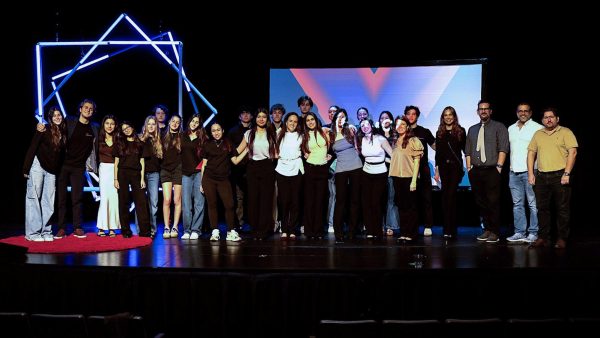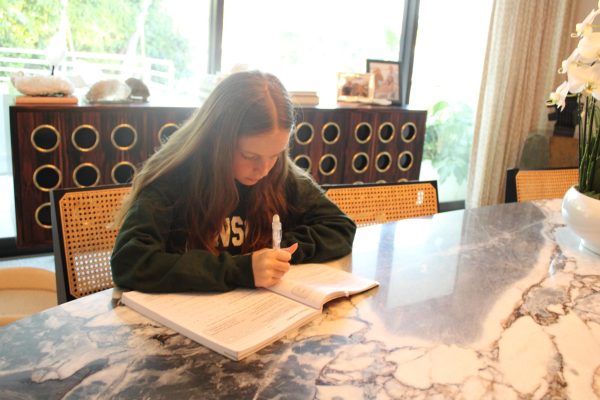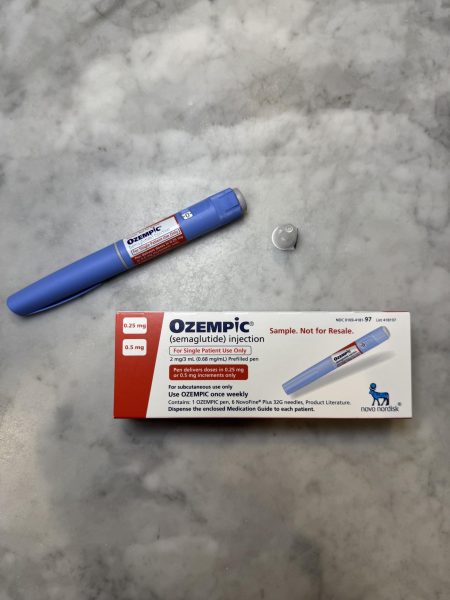Brazilian Elections: How it is Affecting Brazil and the Rest of the World
On October 2, 2022, voters in Brazil filled out a single sheet of paper to decide the fate of not only their country, but the rest of the world along with it. The two sides presented in the election were completely opposite: Lula Da Silva, the socialist leader of Brazil’s Partido do Trabalho, or Worker’s Party, ran against Jair Bolsonaro, a far-right populist who has adopted the moniker of the “Trump of South America.” The election was a tight race, with Da Silva winning 50.9 percent of the votes and Bolsonaro losing with 49.1 percent.
In the weeks since the October 30 runoff that sealed Lula’s victory, Lula supporters have celebrated an outcome they see as good news for workers, international relations, Indigenous people and the environment. At the same time, political division in Brazil has gotten even more heated than before, leaving many of Bolsonaro’s supporters angry and holding protests and riots.
Just recently, on January 8, 2023, Bolsonaro supporters took part in a riot at Brasília’s federal government buildings. Hundreds of people stormed the buildings, breaking windows, destroying artwork and committing arson, so much so that “the floor of the Congress building was flooded after the sprinkler system activated when protesters attempted to set fire to the carpet,” according to CNN.
Bea Alves de Lima ’26 shared her opinion on the events that occurred on January 8: “As a person with a Brazilian background, I am angry at the division happening in Brazil right now. It is saddening to see the country divide over an event already seen in history just two years before.”
Although the division in Brazil reflects increasing political polarization worldwide, it is also related to this election’s uniquely contentious backstory. Da Silva formerly served as president of Brazil from 2003 to 2011 and was the first former worker to become president. Years after his term, in 2018, Da Silva was charged with alleged money-laundering along with corruption as part of Operation Car Wash, an anti-corruption sting led by former justice minister Sergio Moro.
Lula began serving a 12-year prison sentence until his advanced release in November of 2019, “made possible by a Supreme Court decision on Thursday night that determined defendants can remain free until they have exhausted all appeals,” according to CNN. Lula’s rehabilitation was also made possible by later revelations about Moro’s own apparent corruption, which included backchannel communications with the prosecution team and violations of legal principles. In September of 2022, all charges against Da Silva were dropped, and he began the long-awaited competition for president of Brazil against Bolsonaro.
The Biden Administration was quick to recognize Lula’s victory in the immediate aftermath of the election, in part because Bolsonaro supporters were expected to protest it as illegitimate. “The American government was more pro Lula Da Silva, and we saw that in terms of their quick recognition of their results of the election naming Lula the victor,” explained Mr. Stephen Allen, a history teacher at Ransom Everglades. Joe Biden’s congratulations to Da Silva’s victory shortly after the elections took place also signaled the alignment between their left-wing political views.
The Amazon Rainforest was a topic of debate between the two candidates in the election, with Bolsonaro being “very pro-business, which is not a bad thing in itself, but at the expense of the largest carbon sink in the world…the deforestation of the rainforest was at an unprecedented level under Bolsonaro,” according to Mr. Allen. The Amazon is one of the world’s primary “carbon sink[s],” absorbing and storing 1.5 billion tons of carbon dioxide per year, according to The Economist. Critics of Bolsonaro’s policies of allowing deforestation for sources of income and business often underscored their threat to environmental sustainability.
To Mr. Drew Cardinale, who teaches Portuguese at RE, the debate over the Amazon Rainforest was one factor that made this election so pivotal. “I think it is important for the Brazilian people to have someone who seemingly is going to be fighting for something that may seem more important to the environment,” he said. “Not only is that good for the Brazilian people, especially the Indigenous people; that could be very good for the world as well.”
Mr. Allen echoed Mr. Cardinale’s view. “I’m supportive of the outcome, not just because Bolsonaro is maybe a bit too nationalistic and a bit too close to fascism, some might say, but in terms of the rainforest.”






